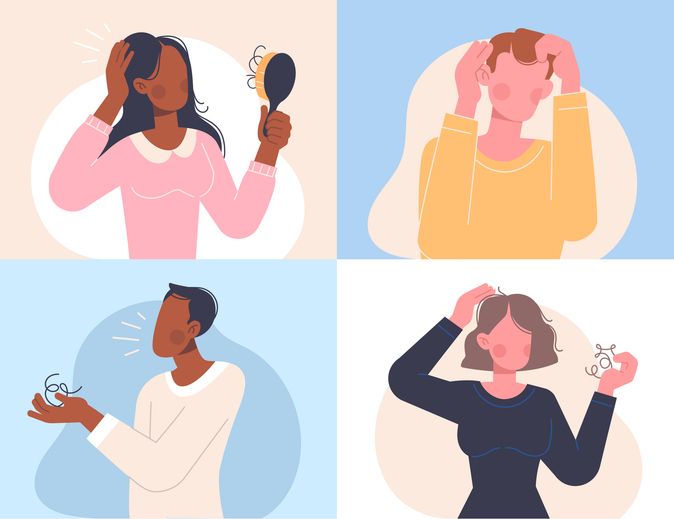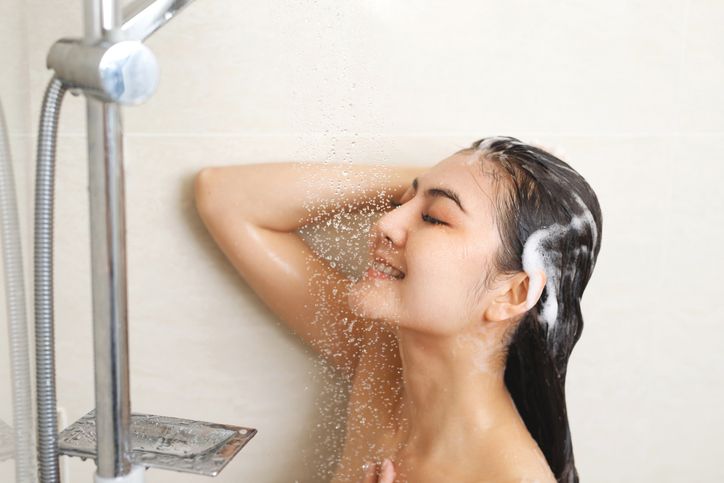
- Home
- Trend
- Weight Loss Strategies
- Acne Tips
- Hair Health Information
- Blemish Removal Tips
- Acne Scar Removal Tips
- Muscle Building Techniques
- Intimate Care Tips
- Postpartum Intimate Care
- Eye Bags Wiki
- Tips for Face Slimming
- Secret of Permanent Hair Removal
- Breast Enlargement Tips
- Cure to Snoring
- Marionette Lines
- Skin-Tightening Secrets
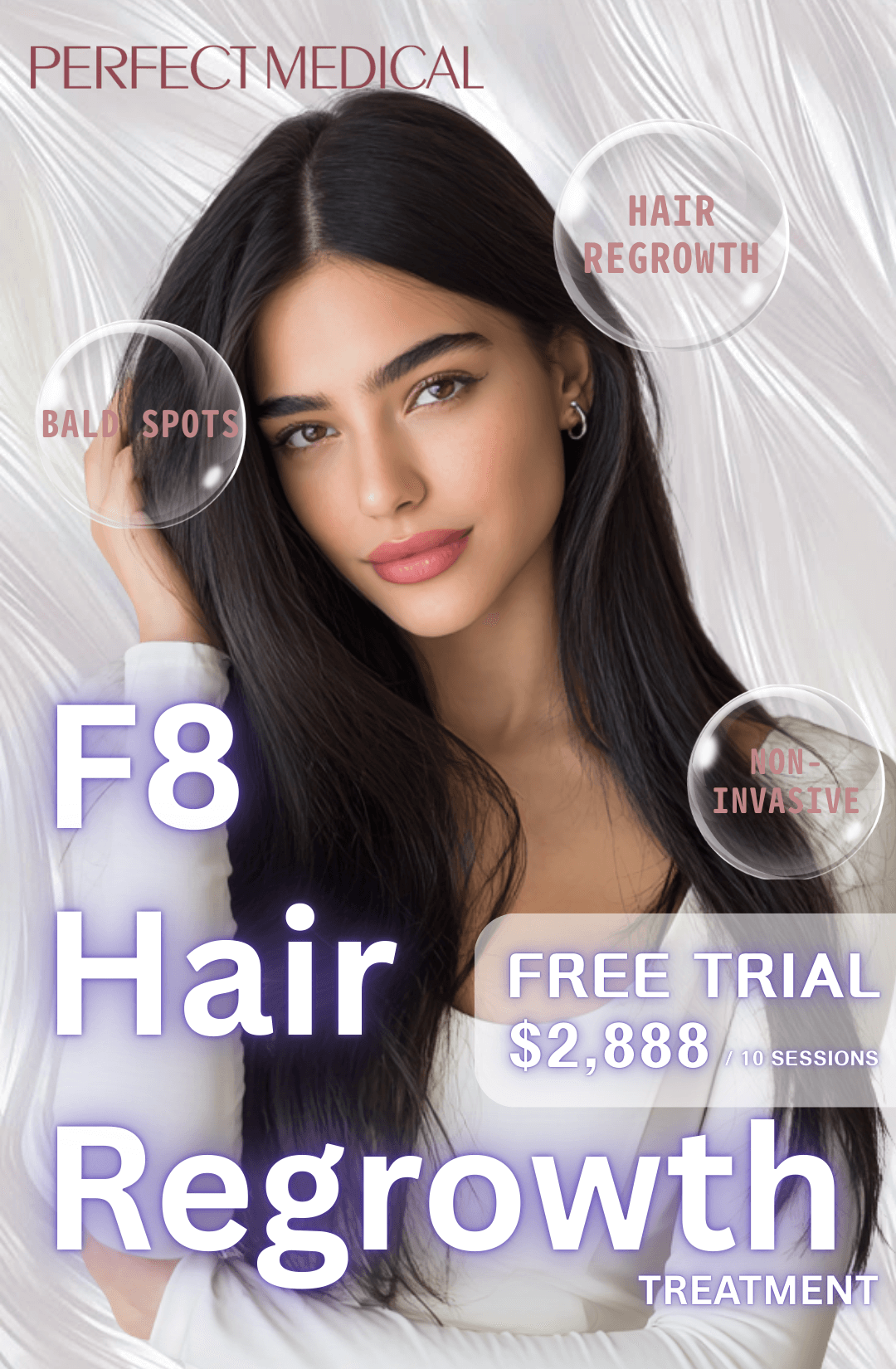
免費體驗
F8 Hair Regrowth Treatment
1 Minute Self-Registration
Date should not be before minimal date
Are you troubled by hair fall and longing for healthier, thicker locks? From adopting a balanced diet to implementing proper hair care routines, let's go straight to these 20 strategies to help you achieve your hair goals.
1
20 Practical Tips in Promoting Hair Growth & Let Your Hair Stay Healthy

1. Maintain a Healthy Diet
2. No Tight Hairstyles
3. Practice Scalp Massage
4. Follow a Proper Hair Care Routine
5. Consider Dietary Supplements
6. Protect Your Hair from high heat
7. Address Hormonal Changes
8. Incorporate Natural Oils
9. Reduce Stress
10. Seek Professional Help
11. Stay Hydrated
11. Get Regular Trims
12. Avoid Overwashing
13. Use a Silk Pillowcase
14. Limit Chemical Treatments
15. Protect Your Hair from the Sun
16. Practise Good Hygiene
17. Avoid Smoking
18. Massage Your Scalp
19. Protect Your Hair While Swimming
20. Be Gentle with Wet Hair
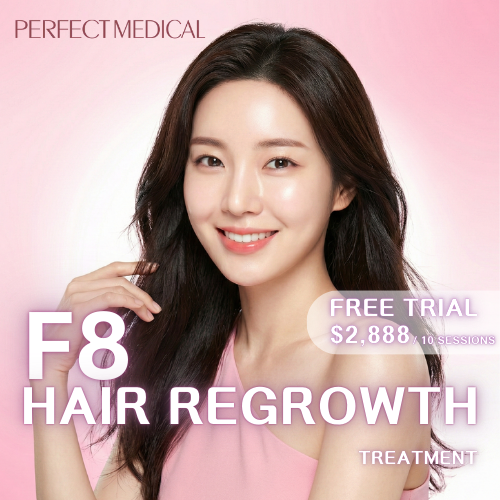
2
Closing Thoughts
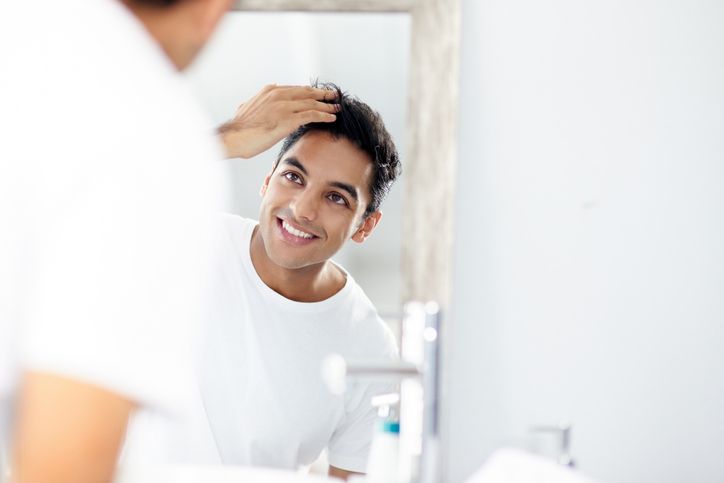
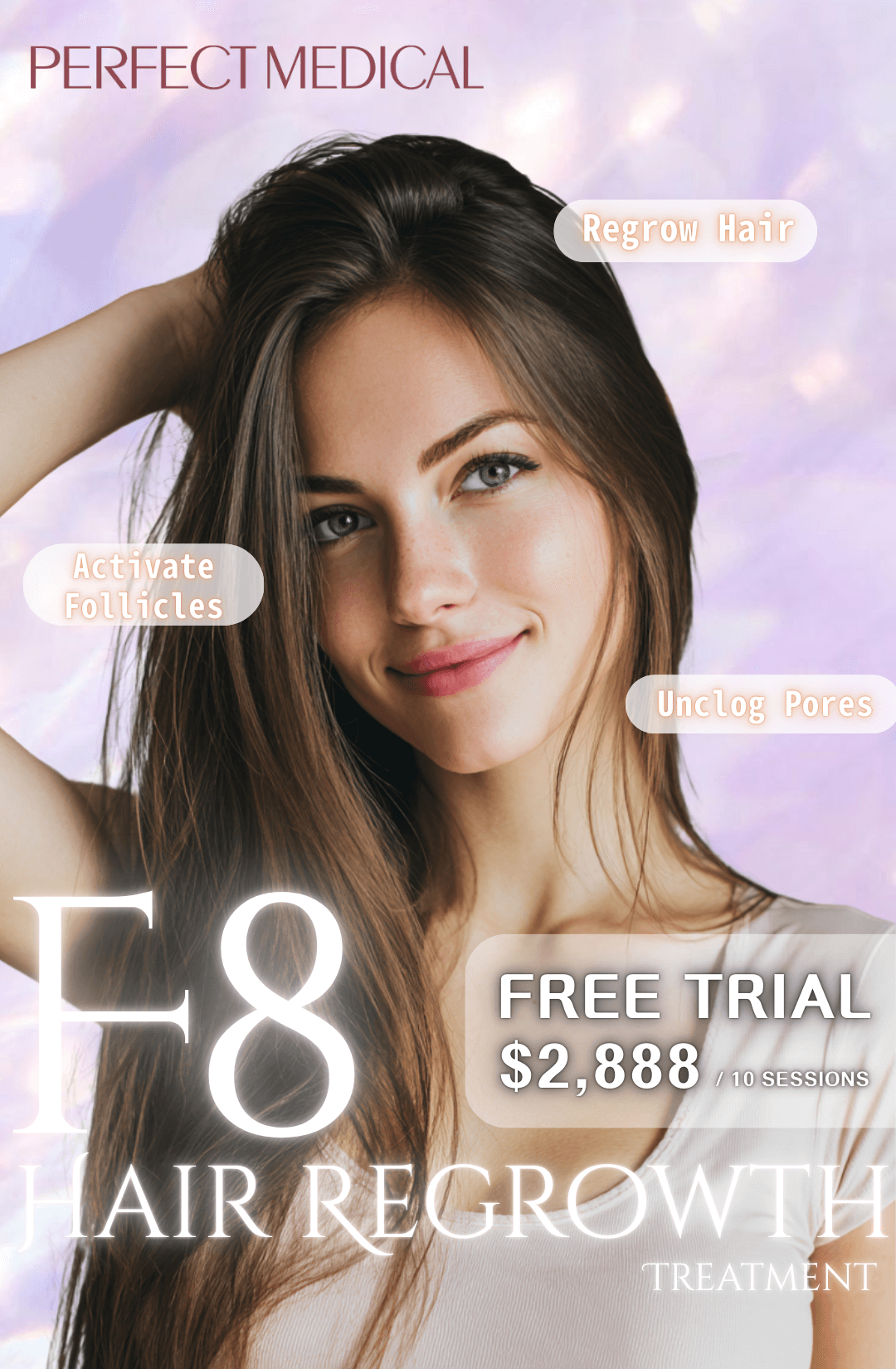
免費體驗
F8 Hair Regrowth Treatment
1 Minute Self-Registration
Date should not be before minimal date
FAQ

1. How can essential oils help control hair fall?
Essential oils can help control hair fall by nourishing the scalp, improving blood circulation, and strengthening the hair follicles. Some essential oils known for their effectiveness in reducing hair fall include rosemary oil, peppermint oil, and lavender oil.
2. What are some essential oils known for their ability to slow hair loss?
Essential oils such as rosemary oil, cedarwood oil, and clary sage oil have been shown to slow down hair loss by stimulating hair growth, balancing oil production on the scalp, and improving overall scalp health.
3. Is permanent hair loss preventable with the use of specific hair care products?
While some cases of permanent hair loss may be irreversible, the use of specific hair care products containing ingredients like biotin, caffeine, and minoxidil can help slow down the progression of hair loss and promote healthier hair growth.
4. What role does lactic acid play in maintaining a healthy scalp and preventing dryness?
Lactic acid plays a crucial role in maintaining a healthy scalp by exfoliating dead skin cells, regulating the pH balance of the scalp, and moisturising dry scalp conditions. It can also help prevent the buildup of debris and product residue that may contribute to scalp issues.
5. Can rosemary oil and mung bean extract be combined in a hair oil to promote thicker hair and address different hair types along the hairline?
Combining rosemary oil and mung bean extract in a hair oil can provide multiple benefits, including promoting thicker hair growth, addressing different hair types along the hairline, and nourishing the scalp with essential nutrients and antioxidants.





